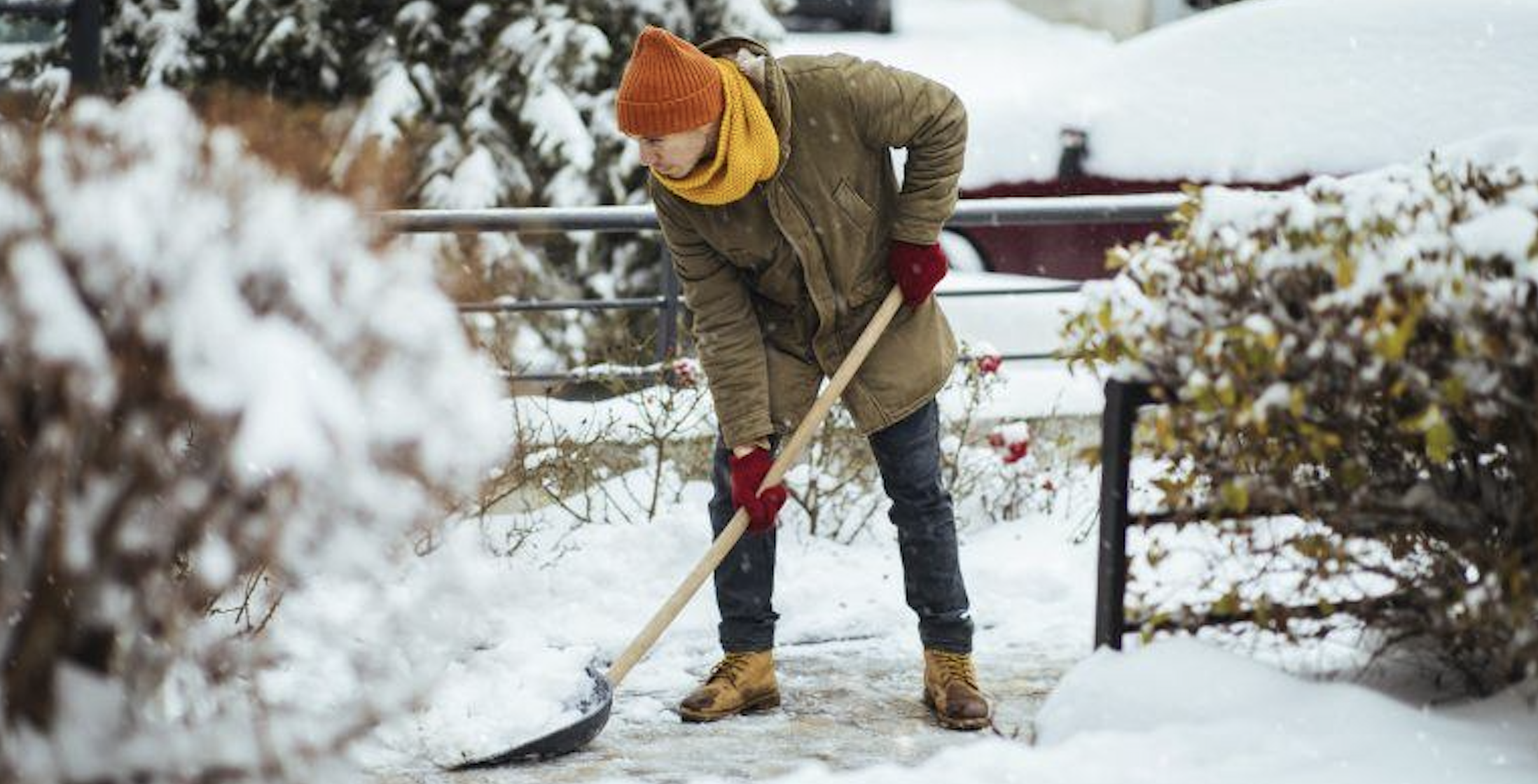Winter Budgeting Tips to Help You Save

The air is getting colder, your calendar is getting busier, and — surprise — suddenly, your budget may also be getting tighter. Winter brings its own set of financial challenges, from higher utility bills to holiday expenses. But with a few budgeting tips, you can prepare for these seasonal costs and reduce your financial stress.
1. Anticipate Common Winter Expenses
Understanding the types of expenses that tend to spike during winter is the first step toward a well-prepared budget. Typical winter-related costs include:
- Higher utility bills: Heating systems work overtime in winter, leading to higher electric or gas bills.
- Snow removal & winter maintenance: If you live in a snowy area, you may have to pay for snow removal, winter tires or supplies to keep driveways safe.
- Holiday spending: The holidays often mean additional spending on gifts, food and travel.
- Emergency funds for repairs: Winter weather can cause unexpected expenses, such as roof repairs, burst pipes or car trouble due to cold conditions. Setting aside funds for emergencies will give you peace of mind and prevent you from dipping into your regular savings when the unexpected happens.
2. Create a Winter-Specific Budget
Designing a budget that covers your winter costs can help you avoid financial strain. Start by looking at last year’s bills for guidance, particularly for utilities. Factor in anticipated costs for snow removal and set aside a reasonable holiday gift fund.
3. Find Ways to Cut Utility Bills
High utility bills can take a big bite out of your winter budget, but a few small changes can make a big difference:
- Seal drafts: Gaps around windows and doors can let heat escape. Use weather stripping or caulk to keep your home warmer and reduce energy loss.
- Use a programmable thermostat: Adjust the temperature while you’re asleep or out of the house to save energy.
- Layer up and lower the heat: It may sound obvious (and like something we heard repeatedly from our parents growing up), but wearing warmer clothing indoors allows you to keep the thermostat at a lower setting, reducing heating costs.
- Invest in LED lights: While we won’t tell you to cut back on your bright holiday décor, it is smart to switch to both LED bulbs inside and outside your home. LED lights are a long-term investment that will eventually pay for themselves.
- Only do full loads of laundry: An easy way to save on energy costs is to only run loads of laundry when the washing machine is full.
Even after taking the above steps, paying utility bills in the winter without going over budget may still be a challenge.
4. Set Aside Funds for Holiday Spending
Holiday expenses can quickly pile up. Set a realistic budget in advance for gifts, meals and any planned travel, and try to stick to it. Buying gifts early or taking advantage of holiday sales can also help spread out costs over time and reduce the last-minute spending rush. Additionally, consider giving personalized or handmade gifts to save money while making the season special.
Tackle winter expenses with confidence by anticipating costs, creating a realistic budget, and making small adjustments to protect your finances. Whatever your needs are, we’re here to support you!
